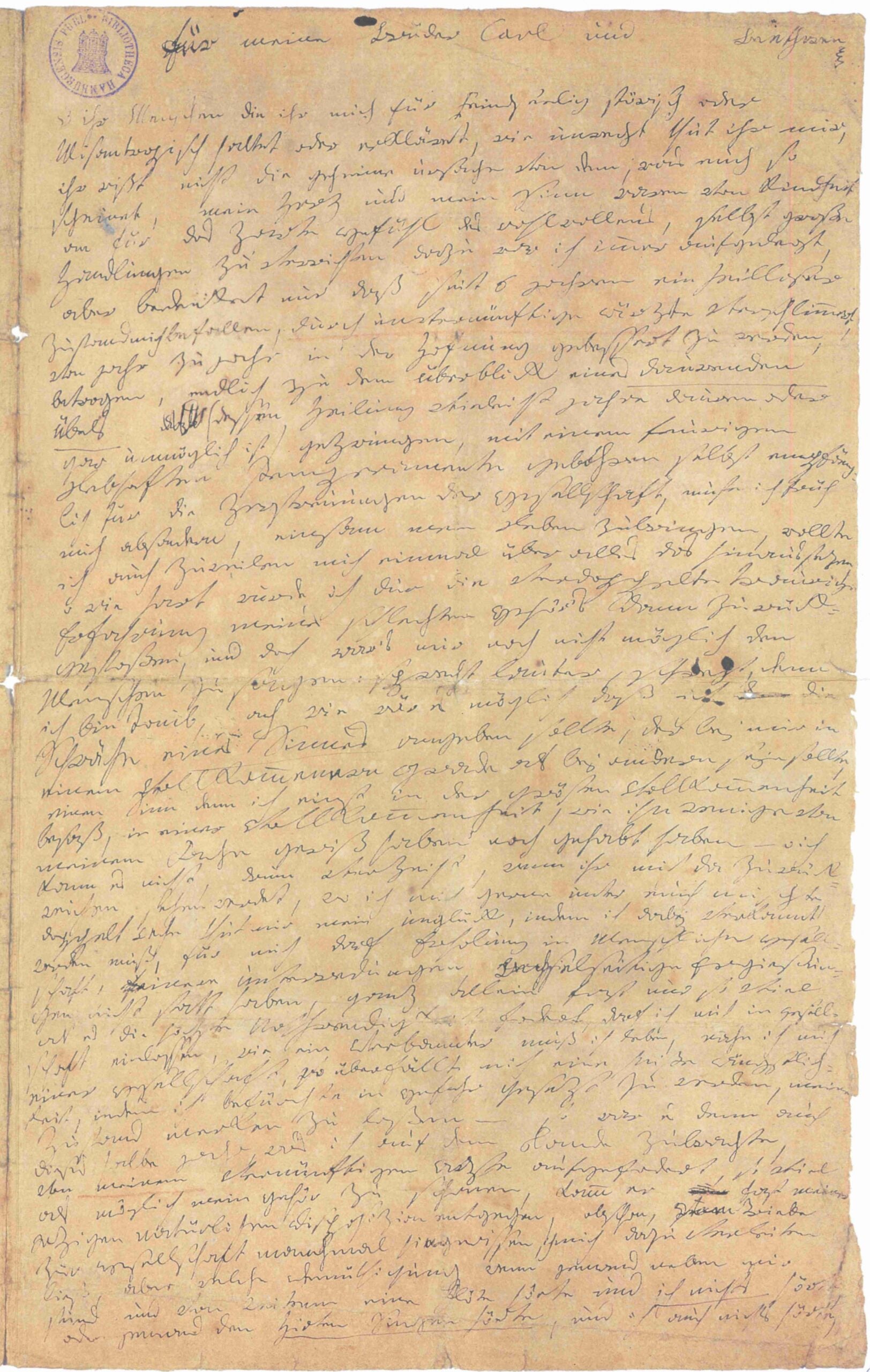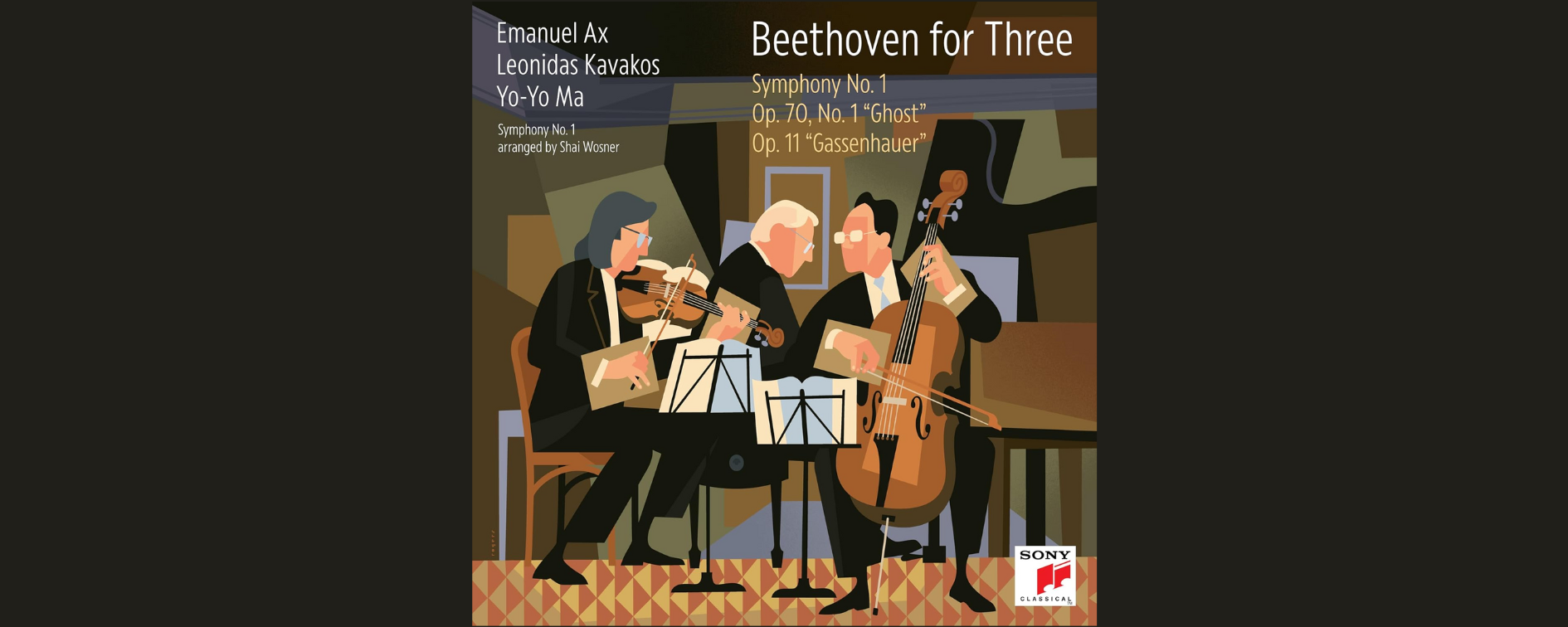On October 6th, 1802 Beethoven wrote one of the most powerful and mysterious letters in all of music history–his so-called Heiligenstadt Testament. Even the intended destination is puzzling, the letter being addressed “to my brothers,” yet only Beethoven’s brother Carl is mentioned by name, the name of his brother Johann having been omitted or removed. Beethoven wrote:
“From childhood onward my heart and mind prompted me to be kind and tender, and I was always inclined to accomplish great deeds. But consider that in the last six years I have been in a wretched condition, made worse by unintelligent physicians Deceived from year to year with hopes of improvement and then finally forced to the prospect of lasting infamy that may go on for years or even be totally incurable. Born with a fiery, active temperament, and susceptible to the diversions of society, I had to retire from this world to live a solitary life.
“At times even I tried to forget all this, but how harshly I was driven back by the redoubled experience of my bad hearing. Yet it is impossible for me to say: Speak louder, shout, for I am deaf! How could I declare the weakness of a sense which in me ought to be more acute than in others–a sense which formerly I possessed in highest perfection, a perfection such as few in my profession enjoy or ever have enjoyed; no I cannot do it. Forgive, therefore, if you see me withdraw, when I would gladly mix with you.
“How humiliating it was when someone standing close to me heard a distant flute and I heard nothing, or a shepherd singing and again I heard nothing. Such incidents almost drove me to despair; at times I was on the point of putting an end to my life. Art alone restrained my hand. It seemed I could not quit this earth until I had produced all I felt within me…”.
News with a little more humanity
WPR’s “Wisconsin Today” newsletter keeps you connected to the state you love without feeling overwhelmed. No paywall. No agenda. No corporate filter.
Wisconsin Public Radio, © Copyright 2026, Board of Regents of the University of Wisconsin System and Wisconsin Educational Communications Board.





